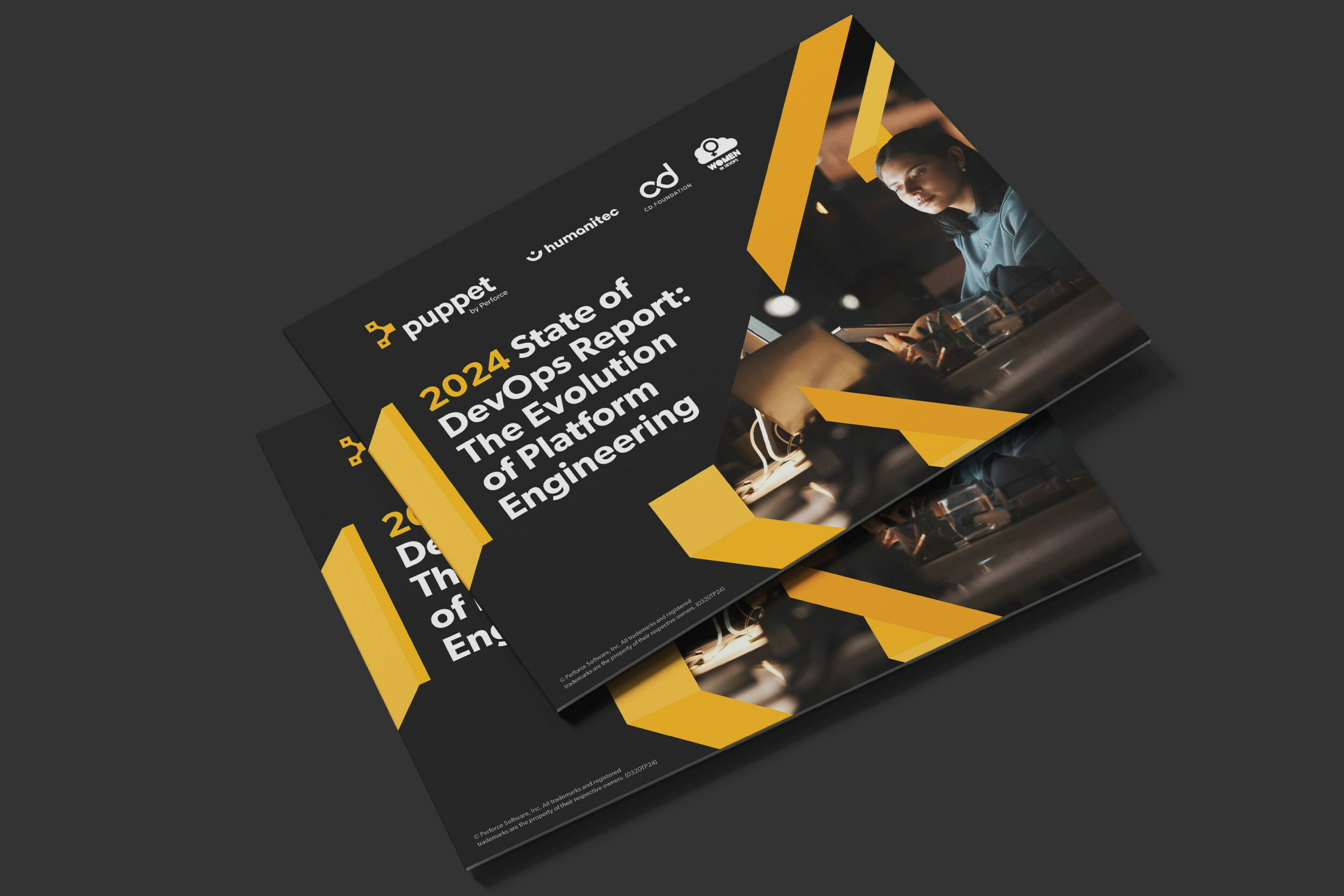
An increasing number of organisations have built platform teams to help improve the developer experience – and the latest State of DevOps Report from Puppet has looked to show how platform engineering is improving security as well.
The 13th annual State of DevOps Report – which is also being called the State of Platform Engineering Report by Puppet – polled approximately 500 respondents, drawn primarily from IT practitioners and leaders who work either as part of or alongside their company’s platform engineering team.
Platform engineering is increasingly being seen as a buzzword du jour for how developer teams operate. Understanding the basic definition of DevOps as a development approach to help developers and IT operations teams work together, platform engineering involves creating a single, central platform for DevOps tools. In other words, groups of resources to enable developers to use tools without requiring a deep understanding of them, aimed at helping ease the maintenance burden of an increasing number of software that DevOps teams use.
A succinct definition, from a DevOpsDays London talk Developer recommends watching, comes from Abby Bangser of Syntasso. Platform engineering brings DevOps principles at scale; and of the key principles of DevOps – automation, collaboration, iterative improvement – the only one which is difficult to scale is collaboration.
Specific definitions may vary, but Puppet explains its version of the theory in a blog post. “By design, DevOps engineering forces developers to become experts in a tool if they want to use it correctly. That shouldn’t be part of their core activities and responsibilities because it adds to cognitive load.
“Platform engineering helps developers manage that load with structured toolchains and workflows. That way, they’re getting consistent, reliable tools they can use to self-service and collaborate… [which] helps teams avoid the confusion, frustration, and development bottlenecks that can come from too much choice.”
The report found that security is being built into the foundation of platform engineering. Almost half (43%) of those polled said their platform has a dedicated security and compliance team, and more than half (51%) confirmed that platform teams were also responsible for enforcing software and tool versions for security updates. A majority also agreed that their platform teams had helped with overall compliance requirements.
The key benefits of platform engineering from a development perspective resonate with the report’s findings. Increased productivity, better quality of software, and reduced lead time for deployment were the three biggest benefits delivered for developers. Two thirds (65%) of those polled said the platform team will receive continued investment.
In terms of what’s next, a similar percentage (66%) cite automating workflows and processes as being ‘in scope’ for platform teams. This may not be too surprising, given automation and standardising processes – as well as productivity – are seen by respondents as the three key use cases platform engineering can solve.
Security is the primary takeaway of this report, however. “With the expanded scope of platform engineering, we’re seeing security become a critical component of platforms from the start,” said Kapil Tandon, VP of product management at Puppet by Perforce. “Security is everyone’s responsibility, but it’s notable that platform engineering has become a larger part of this critical work.”
You can read the full report here (email required).
Picture credit: Perforce Software

Looking to revamp your digital transformation strategy? Learn more about Digital Transformation Week taking place in Amsterdam, California, and London. The comprehensive event is co-located with AI & Big Data Expo and Cyber Security & Cloud Expo.
Explore other upcoming enterprise technology events and webinars powered by TechForge here.






